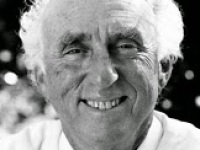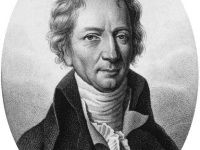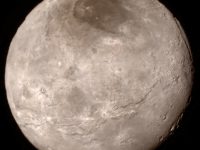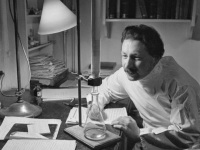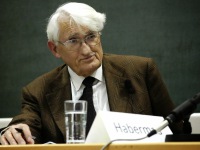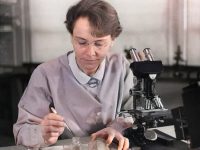Martin Perl and the Tau Particle
On June 24, 1927, American physicist and Nobel Laureate Martin Lewis Perl was born. He is best known for his discovery of the tau lepton, a subatomic massive particle with a negative charge. The tau, which he found in the mid-1970s, was the first evidence of a third “generation” of fundamental particles. Tau Lepton The tau lepton (τ, also called the tau particle, tauon or simply tau) is an elementary particle similar…
Read more

